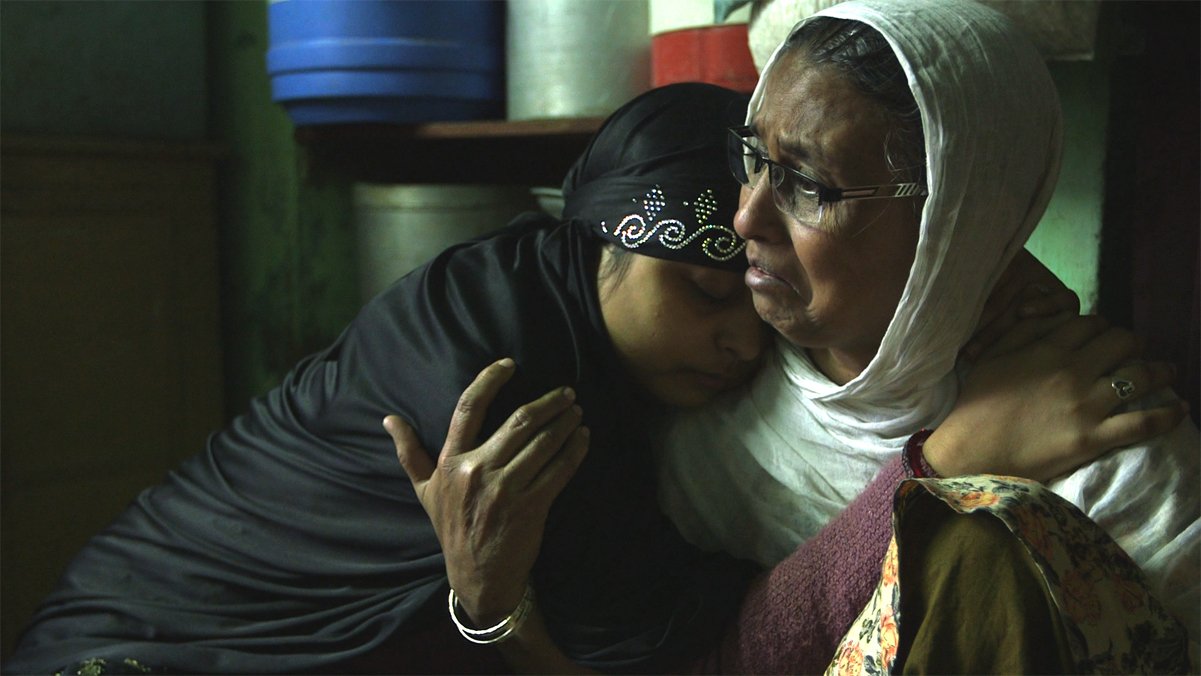
What is a Feminist Approach to Therapy?
Here’s a bit of history…the feminist approach to psychotherapy is a branch of psychology that shook things up during the late 20th century, particularly during the second wave of feminism. This approach is all about challenging the traditional ways of therapy and recognizing how societal power structures and gender inequality affect our mental health. It was like a breath of fresh air in the world of psychology, because it is a move away from white-male-centered dominant thinking within the field.

Navigating the Teenage Rollercoaster
Many teenagers manage to tackle these challenges and come out stronger. You've got resilience in your toolkit, and there are people who genuinely want to help you through these wild teenage years—your parents, caregivers, teachers, and even mental health professionals. So, hang in there! You're not alone in this rollercoaster ride. With a bit of support and a dash of self-belief, you can make it through and come out even stronger on the other side.

Should?
Should is a set-up for self-blame and a barrier to being gentle and kind with ourselves. Instead of framing our daily activities and troubles with shoulds and should nots, experiment to see what happens if you make a subtle mental shift to “something I am doing” and “something I am not doing” or “something I haven’t done yet.”

Engaging Compassion
Some clinical methodologies and modalities are designed to support privileged concepts of “normalcy” and/or “adaptation” that can have little to do with the reality of people’s lived experiences. However, a liberated approach to talk therapy does not separate the individual from the systemic and structural issues one faces. Therapeutic conversations from this approach creates multiple access points for healing by acknowledging a both/and to outside forces and personal agency.

Meaning Making and Untangling Our Core Beliefs
We all need safety, connection, meaning, autonomy, peace and more. We do what we can to meet these needs. Before we have the cognitive ability to understand situations in nuanced ways, we interpret information in ways that are developmentally appropriate for children. Without interference, we may unconsciously carry the thoughts and behavior that we learned from childhood into adulthood in more sophisticated ways.

Anxiety as an Ally
The holiday season often triggers anxiety around issues like spending time with family members who say or do hurtful things and maintaining healthy boundaries around eating or drinking. This year, many people have additional worries about contracting and/or spreading COVID-19 during their holiday celebrations, which may feel especially heightened after nearly two years of living in a pandemic. (Not to mention the other systemic concerns that we might also feel anxious about.)
